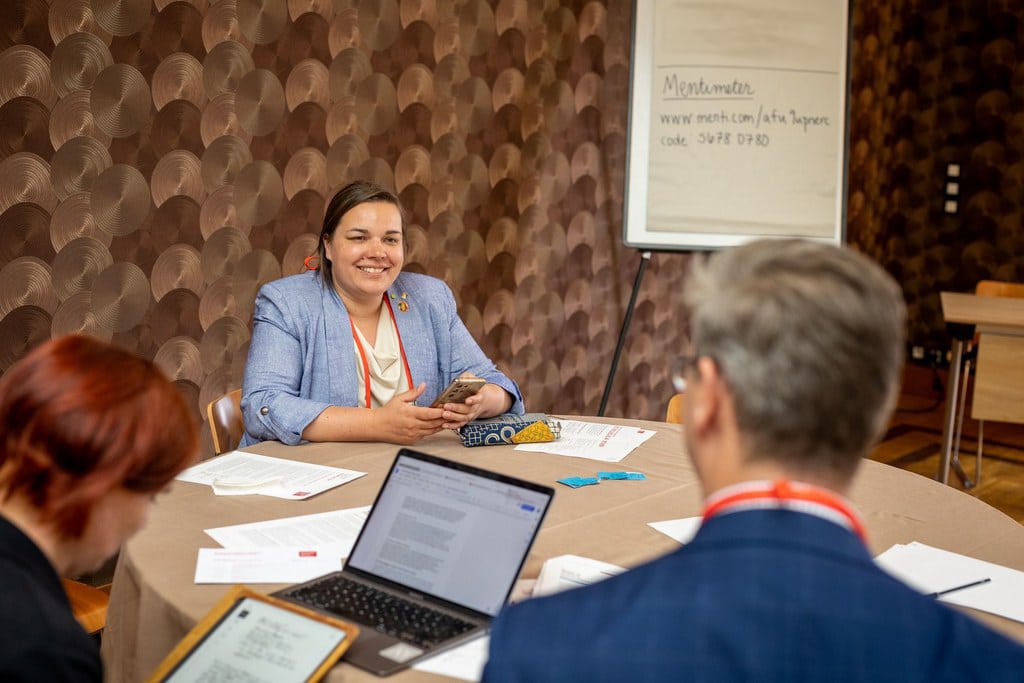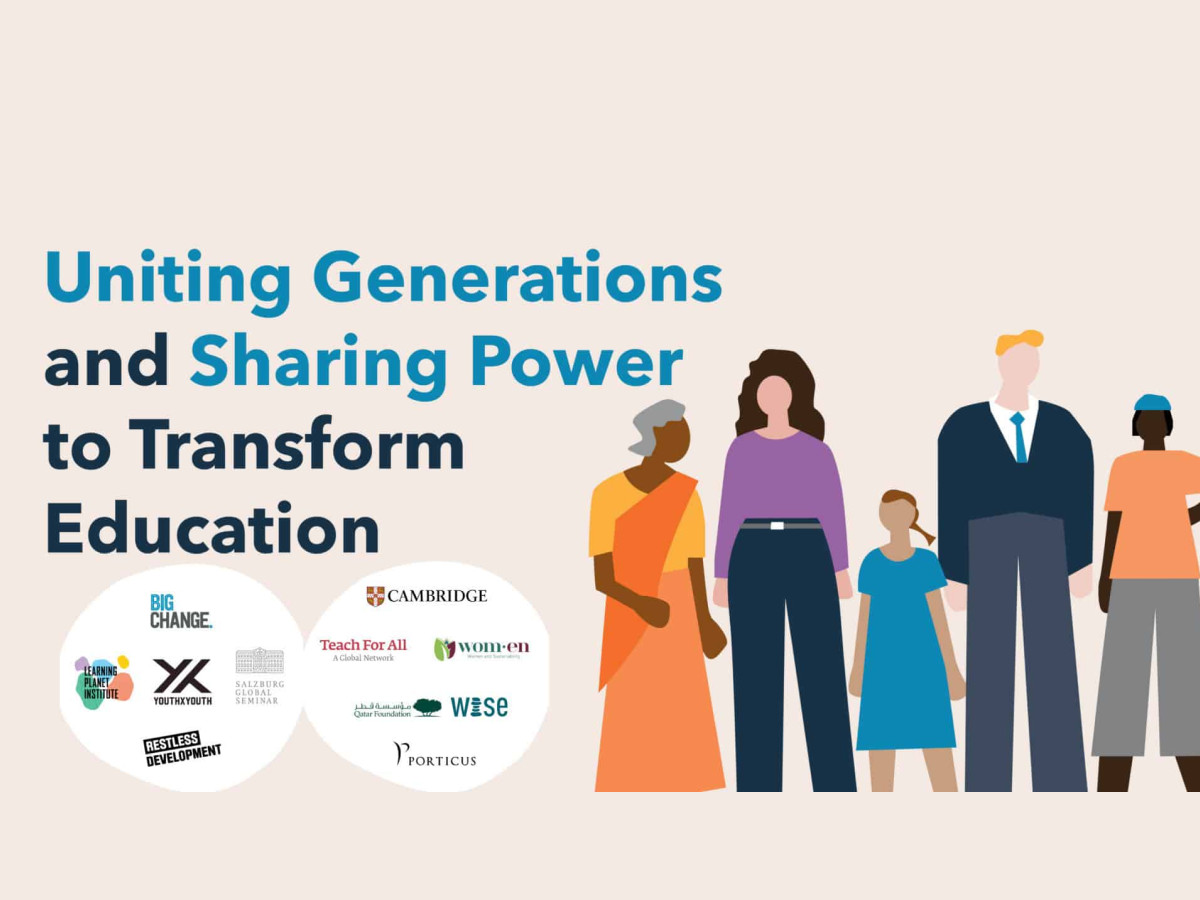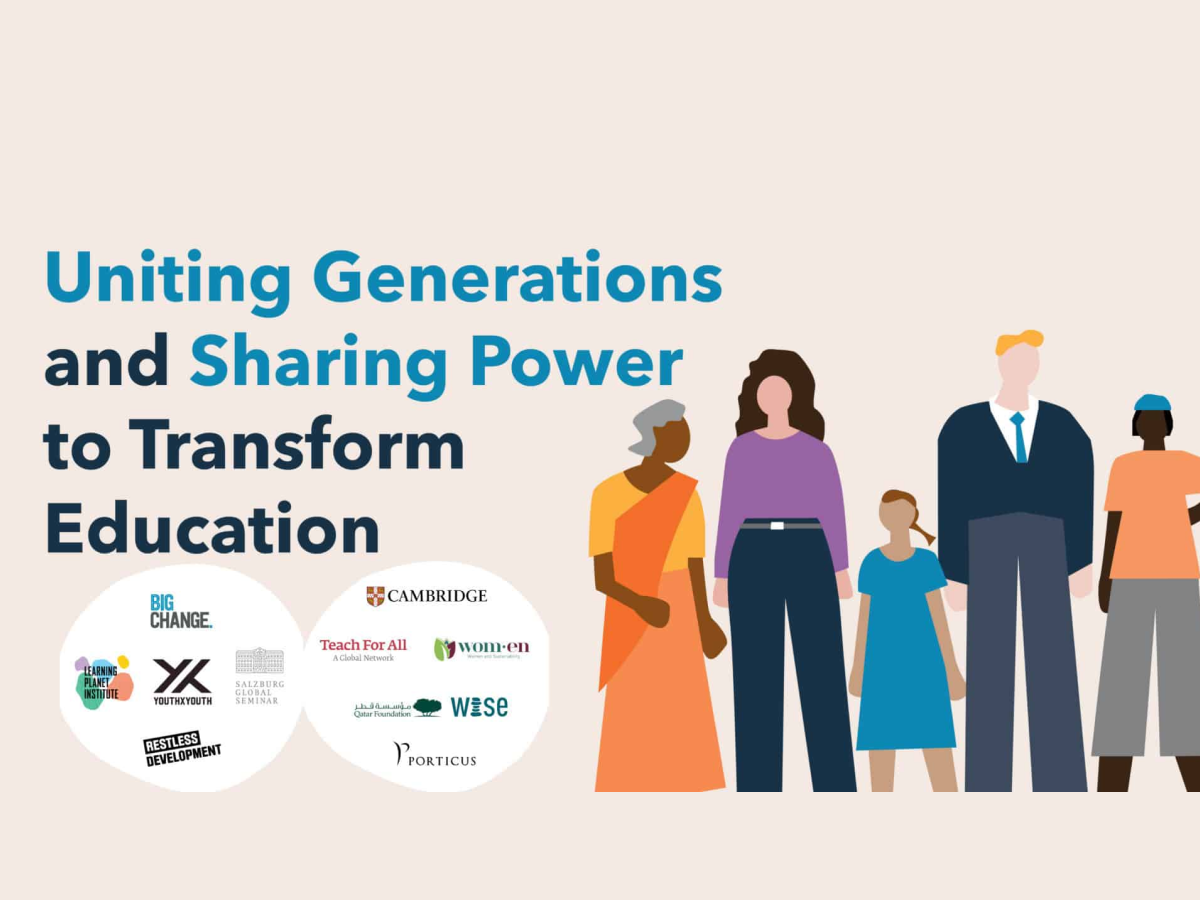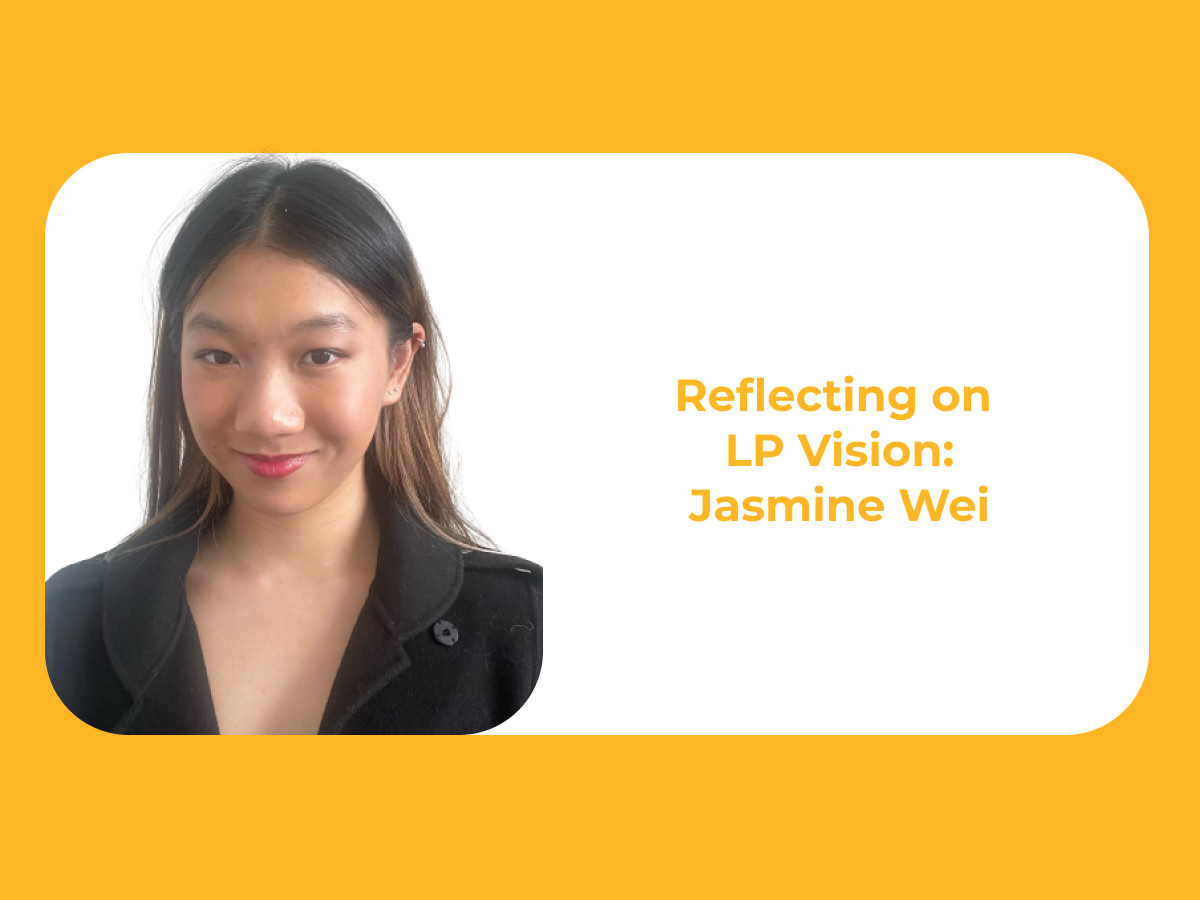The Learning Planet Institute supports the initiative of the International Year of Science Engagement by proclaiming itself as a founding partner.
What does the International Year of Science Engagement (IYSE) mean to you, and why do you believe it is timely?
I am one of the initiators of a higher education partnership called Rethink Education and Science in Iraq (RESI), and we have partnered with IYSE for multiple reasons.
One reason speaks to the unique context and circumstances our partnership grew from; we started our partnership in 2016 when Mosul was occupied by ISIS. Mosul University used to be the second biggest university in Iraq, offering studies for 40,000 students, and being one of the top universities in the Middle East. Religious extremism argues against education and science as western indoctrination, and uses propaganda in a way to position and question the fundamental value of science and education more widely.
Science engagement in such a postwar context as it is in Mosul also has to make the value of science tangible again. Currently, a big part of the society, including academics, have been doubting and questioning the role of the university and education in general. There are generations of young people who have never seen or felt the value of science. With RESI we use science events and engagement to promote reconciliation.
In this very sensitive post-war context, we feel that this is one common ground to unite people that surpasses religion, ethnicities and genders. As part of our partnership, we have brought and bring young people from various backgrounds together to science festivals and as such they have worked together. We feel our experience of using science engagement for reconciliation is something unique we can offer to an IYSE.
Another reason reflects issues that have been important to our partnership and we therefore feel they should be discussed in an IYSE. Among these are questions around values and importance of scientific engagement as a global endeavor: What would globally inclusive global science engagement look like? How can we reflect and overcome inequalities and power structures hindering academics from various contexts to contribute to academic discourse?

We are also concerned about risks academics are taking when engaging in science engagement activities, when academic freedom is limited and academics are being targeted, imprisoned and assassinated. This is not just the case in Iraq or the Middle East. How can we ensure global academic solidarity?
Photo credit: Falling Walls Foundation
How can science engagement increase awareness and the achievement of the Sustainable Development Goals (SDGs)?
The SDGs are a global normative frame and common ground against which to map and also to position science, scientific approaches and findings. In RESI we find discussions around issues raised by the SDGs excellent starting points for interdisciplinary discourse and stimulating to engage with questions of engagement and relevance. However, one of the things we have been recently discussing is how to argue the value of fundamental science in these discourses, as the SDGs very much draw towards applied sciences.
How can the IYSE serve as a tool for building a global multi-stakeholder alliance?
The IYSE can offer an opportunity to critically reflect powerful inequalities and academic contributions from scholars all around the world. It is important an IYSE calls on and encourages multiple stakeholders to think about how to bridge gaps.
There is a great global risk for scientific communities to develop further in both theory and practice, if we exclude scholars who live and research in different kinds of contexts, in general but also specifically from the science contribution and engagement world. There are certain areas that are under-researched because access, security, and participating in global scientific discourse becomes an issue. In my field (educational research) I have the impression that over the last few decades, technological advancements as well as professionalism in science have also been increasing some gaps rather than closing them.
We need to find ways to include multiple stakeholders in the discourse to ensure that we head in the direction of reducing structural inequalities in science. Equally, this inclusion would help us get closer to the ideal of a truly global discourse, in which diverse stakeholders from all parts of the world who represent, research and communicate with people in all contexts are part of that discussion. This issue of inclusion is a fundamental personal wish for an international year.
Meet Dr. Heike Wendt
Dr. Heike Wendt is a Professor for Education Research and head of department at the Institute of Education Research and Teacher Education (Faculty of Environmental, Regional and Educational Sciences) of Graz University in Austria. She is also the initiator and scientific head of the Rethink Education and Science in Iraq (RESI) partnership.
Read Dr. Wendt’s most recent collaboration: Partnerships in Education: Risks in Transdisciplinary Educational Research (2022)
About the RESI partnership
Since 2016, The University of Mosul, TU Dortmund University and Graz University collaborate to support Mosul University in its academic rehabilitation. The partnership is supported by the German Academic Exchange Service (DAAD) with mobility funds for involved academics. The main aims of the partnership are the promotion of science, dialogue and reconciliation, modernizing education and contribution toward internationalisation as well as interdisciplinary and intercultural exchange and learning.
Various activities and formats aimed at students, teachers and researchers from different academic disciplines promote academic and intercultural exchange between the universities and contribute to the academic reconstruction and peace and reconciliation work at the Mosul University and in the region.
Learn more here: https://resi-sc2022.uomosul.edu.iq/about/



